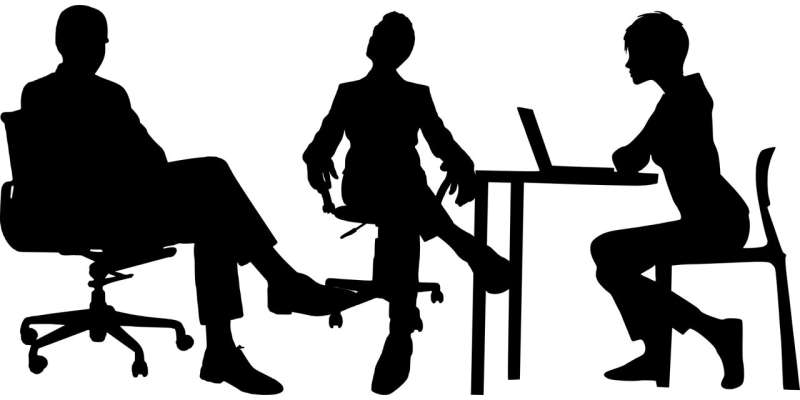
Humor is central to human interaction and social perception. However, hardly any research has looked at how humor works in top management communication. This is where a new conceptual study comes in. Titled “Good Fun or Laughingstock? How CEO Humor Affects Infomediaries’ Social Evaluations of Organizations,” the article was published in the journal Academy of Management Review.
The team was led by Andreas König, Chaired Professor of Strategic Management, Innovation, and Entrepreneurship at the University of Passau, along with his former doctoral students Benno Stöcklein and Dominik Bong, and co-authored by management professors Nathan J. Hiller (Florida International University) and Cecily D. Cooper (University of Miami).
The research team distinguishes between four types of CEO humor. Two of them are positive:
- Affiliative CEO humor. The CEO makes fun of others in a friendly manner, putting them in a positive light.
- Self-enhancing CEO humor. The CEO elevates themself above their own position in a fun way.
Two types of CEO humor are negative:
- Self-defeating humor. The CEO pokes fun at their own weaknesses, thereby lowering their position.
- Aggressive CEO humor. The CEO disparages others by making fun of them at their expense.
The authors’ key argument is that there are two central pathways through which CEO humor—depending on its type—affects social evaluations of organizations by infomediaries (e.g., journalists or analysts).
First, CEO humor alters infomediaries’ state of mind, such as their mood or their perception of social closeness to the CEO. Second, CEO humor accommodates or violates deep-seated expectations of the general tasks and social functions of a CEO. The researchers argue that both forms of positive CEO humor arouse positive emotional states and accommodate CEO-role expectations. Thus, this CEO humor positively affects the way the company is perceived.
The effects of the negative types of CEO humor are especially intriguing, deviating from what we know about humor practiced by less senior leaders, and from what one would normatively desire. Practitioner-oriented literature typically recommends leaders to use self-defeating humor to create social closeness to followers.
Such humor, which puts one’s own weakness in the spotlight, is also viewed favorably by society. Yet, self-defeating humor conflicts with central expectations as to the CEO’s role. In turn, CEOs engaging in this type of humor could negatively affect infomediaries’ evaluations. “Even if we dislike it: The stock market and other audiences will likely punish CEOs who reveal weaknesses very often and put themselves down,” says Professor König.
Aggressive CEO humor, in contrast, may pay for CEOs—even though it violates social norms, harms the CEO’s function as a role model, and disparages other people, at least when it comes to evaluations regarding a company’s competitiveness.
“The problem is that, regrettably, a sharp-elbow style of management continues to dominate in audiences’ minds,” says König. Thus—even though they may dislike a company and expect it to behave less appropriately when a CEO expresses aggressive humor—infomediaries likely expect CEOs who show assertiveness and dominance through aggressive humor to be better equipped to make their company stand out and win.
“Let me be clear—we are in no way suggesting that CEOs should engage in aggressive humor,” says Professor König. Rather, the researchers’ intent is to explain why certain types of humor used by CEOs have a different effect than previously supposed.
More information:
Andreas König et al, Good Fun or Laughingstock? How CEO Humor Affects Infomediaries’ Social Evaluations of Organizations, Academy of Management Review (2024). DOI: 10.5465/amr.2020.0526
Provided by
Universität Passau
Citation:
No laughing matter, unfortunately: Why aggressive humor might pay for CEOs (2024, April 24)
aggressive-humor-pay-ceos.html
.
. The content is provided for information purposes only.
